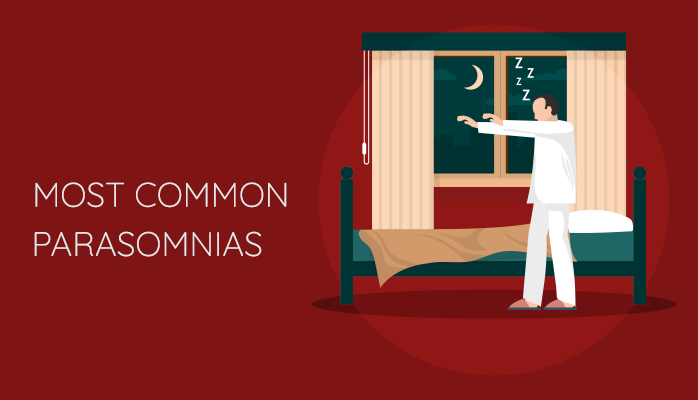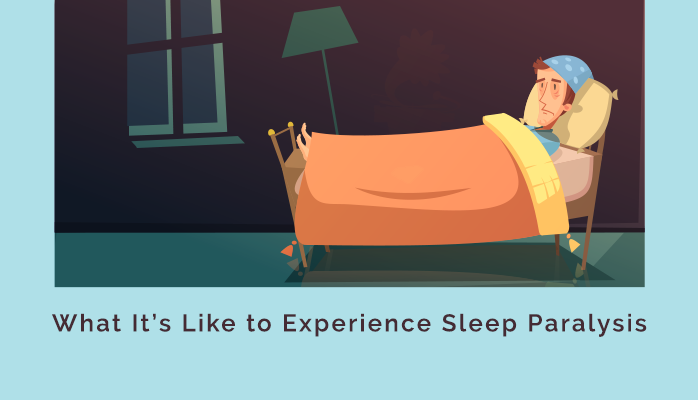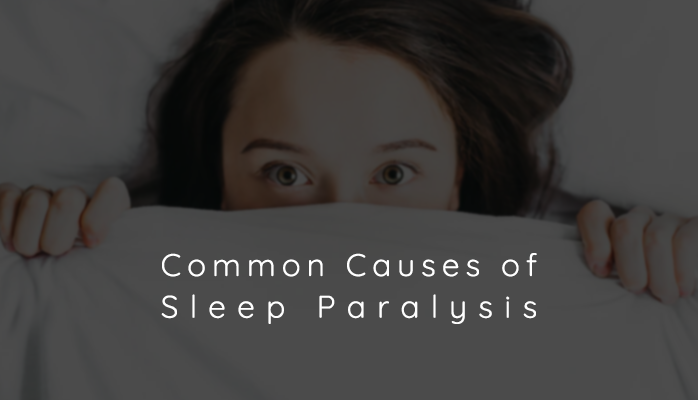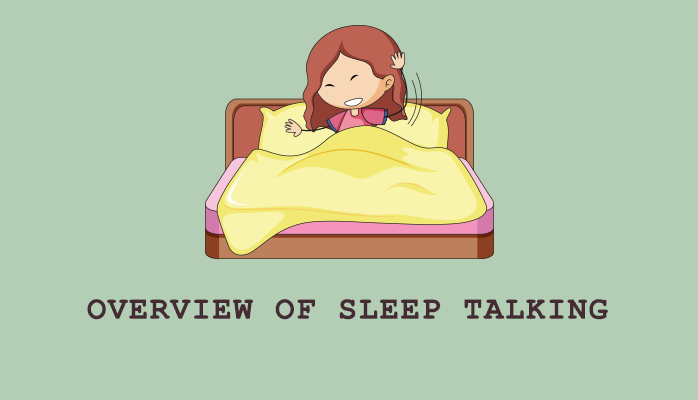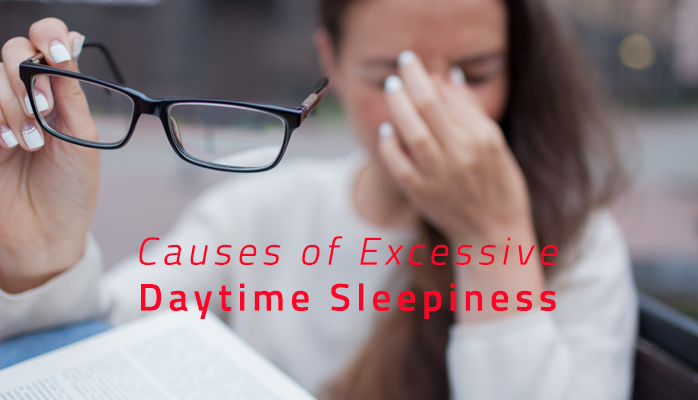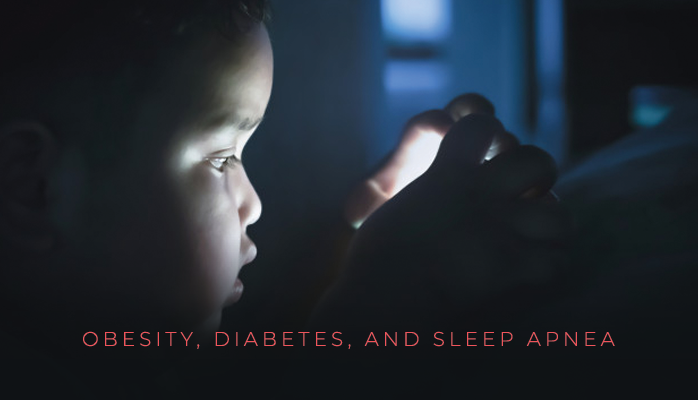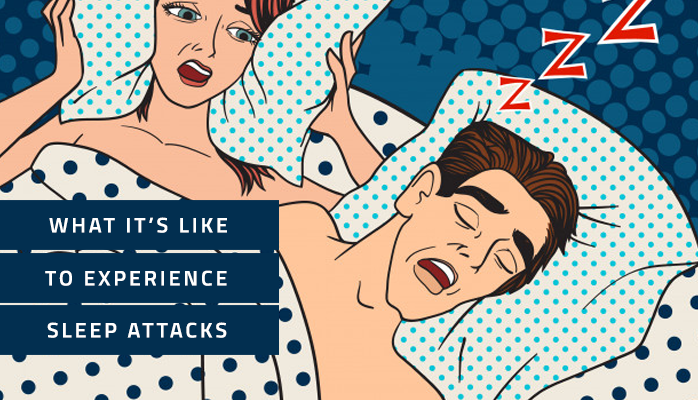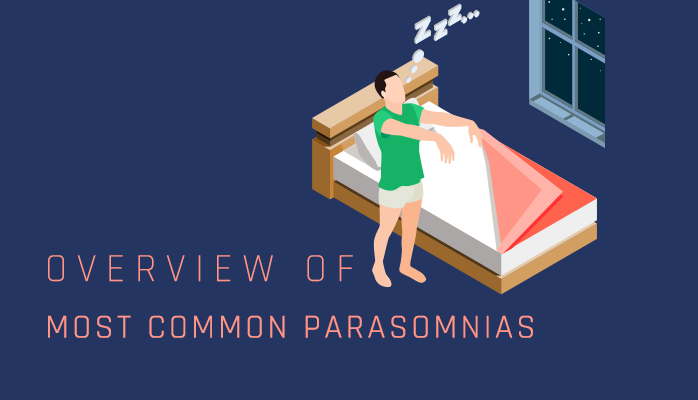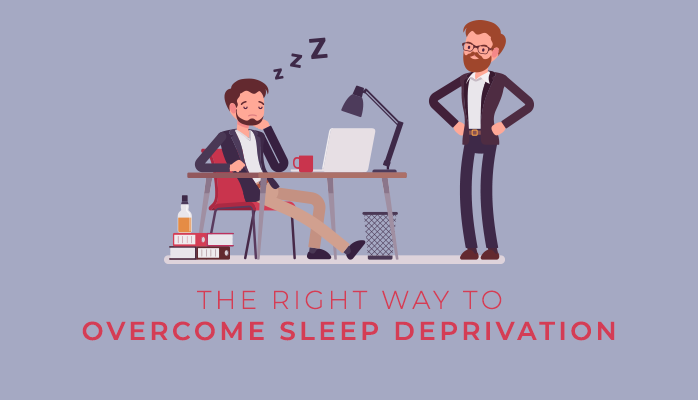Different Types of Parasomnias
What are Parasomnias? Parasomnias are not a single sleep disorder, but refer to a collection of sleep disorders that disrupt your circadian rhythm and impact sleep quality. You may or may not be aware that you have a parasomnia sleep disorder, such as those listed below.
Some of the most common para parasomnias, and those that we will discuss in this article, include:
- Sleep talking
- Sleep walking
- Night terrors
- Sleep paralysis
- Nocturnal paroxysmal dystonia (NPD)
- Sleep bruxism (teeth grinding)
- REM sleep behavior disorder
As we go through the list, see if you have experienced any of these symptoms and speak with your doctor about them.

